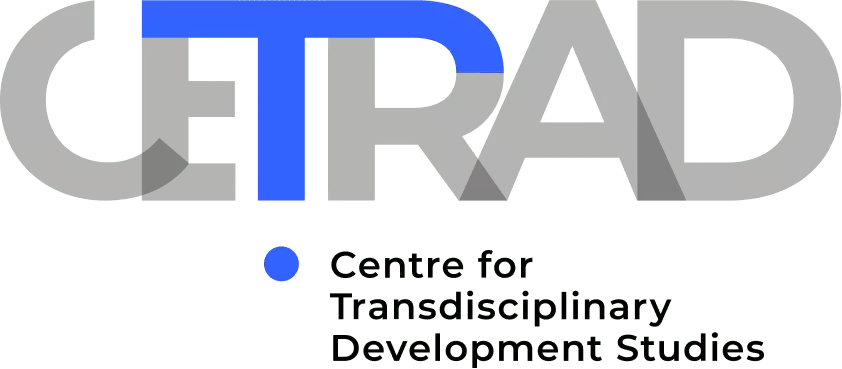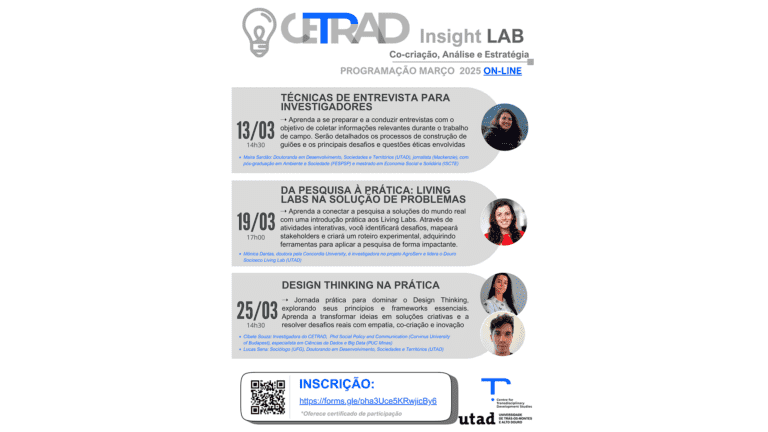WELCOME TO CETRAD
WELCOME TO CETRAD
Welcome to the Centre for Transdisciplinary Development Studies (CETRAD). CETRAD is a social sciences R&D Unit mission-oriented towards fostering inclusive sustainability transitions at the territorial level, with a focus on regional, rural, and urban areas experiencing socio-demographic shrinkage. Hosted by the University of Trás-os-Montes and Alto Douro (UTAD), CETRAD has expanded into a national network that includes CETRAD-Europeia (based at the University Europeia) and Intrepid Lab (based at Lusófona University).
News
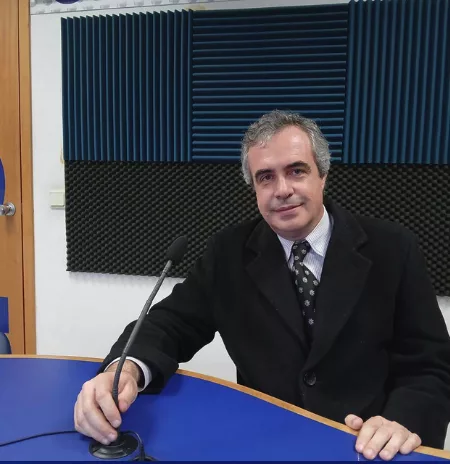
The Intercontinental Association for Science and Innovation (AIC) recently held an international congress where topics such as the demographic transition associated with health and technological issues were discussed
The Intercontinental Association for Science and Innovation (AIC) recently held an international congress where topics such as the demographic transition associated with health and technological issues were discussed. Pedro Gaspar, president of the AIC and…
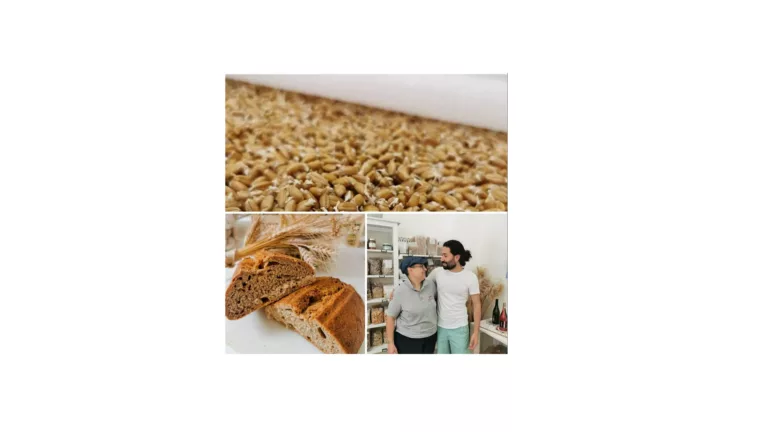
🌾 Emmer Food project selected for implementation by the AgroSERV consortium with support from UTAD – CETRAD 🌍
Researcher Alberto Akiki is developing an innovative study on einkorn wheat, promoting healthy food and sustainable agricultural practices. 🍞🌱The project was selected to receive support from the Research Infrastructures (RI) services of the European consortium…
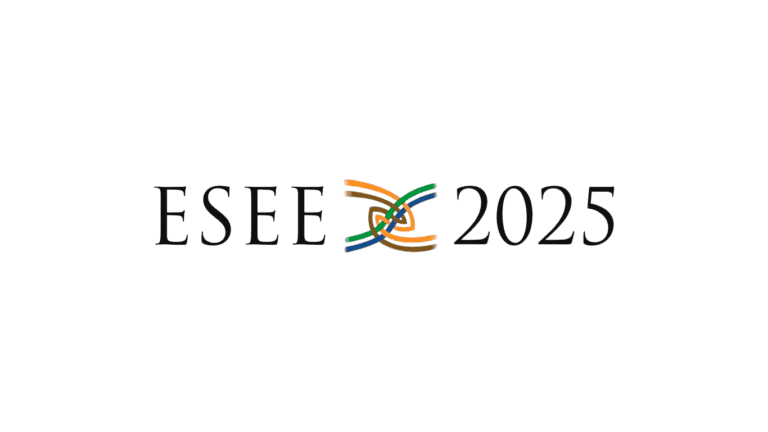
27th European Seminar on Extension Education (Vila Real, Portugal, June 30 – July 4, 2025)
The call for abstracts for the 27th European Seminar on Extension Education (Vila Real, Portugal, July 1-4, 2025) is now open. Please go to the conference website https://www.esee2025.utad.pt/ ESEE is a biennial conference about agricultural…

The Intercontinental Association for Science and Innovation (AIC) recently held an international congress where topics such as the demographic transition associated with health and technological issues were discussed
The Intercontinental Association for Science and Innovation (AIC) recently held an international congress where topics such as the demographic transition associated with health and technological issues were discussed. Pedro Gaspar, president of the AIC and…

🌾 Emmer Food project selected for implementation by the AgroSERV consortium with support from UTAD – CETRAD 🌍
Researcher Alberto Akiki is developing an innovative study on einkorn wheat, promoting healthy food and sustainable agricultural practices. 🍞🌱The project was selected to receive support from the Research Infrastructures (RI) services of the European consortium…

Research Groups
CETRAD is organised into 3 research groups (RG)
defined by strong interconnectivity and transdisciplinary work.
Next Events
HIGHLIGHTED
-
The Intercontinental Association for Science and Innovation (AIC) recently held an international congress where topics such as the demographic transition associated with health and technological issues were discussed
The Intercontinental Association for Science and Innovation (AIC) recently held an international congress where topics such as the demographic transition associated with health and technological issues were discussed. Pedro Gaspar, president of the AIC and professor at UTAD and researcher at CETRAD, says that this project was created to find solutions to population problems. He…
